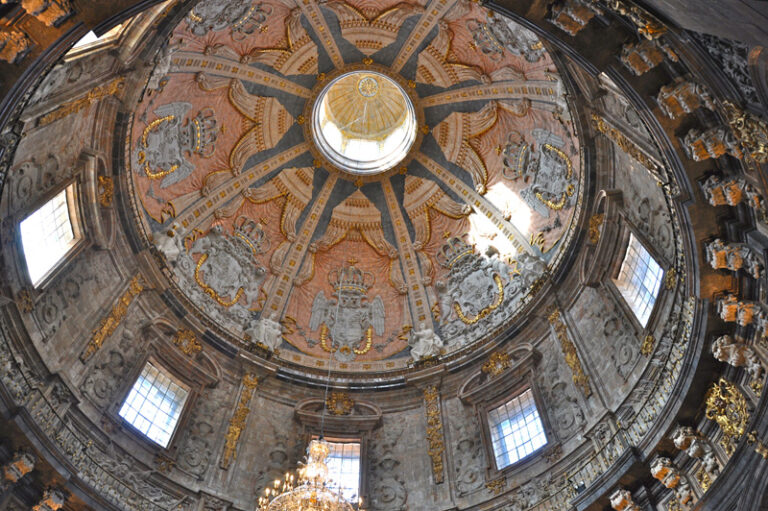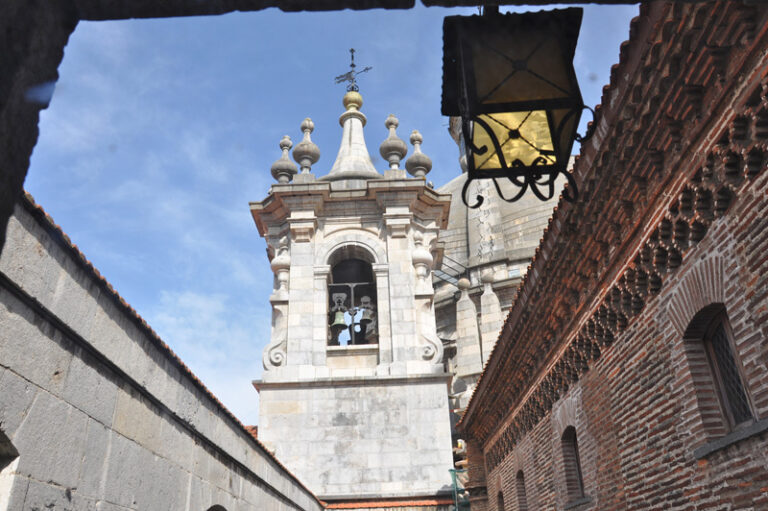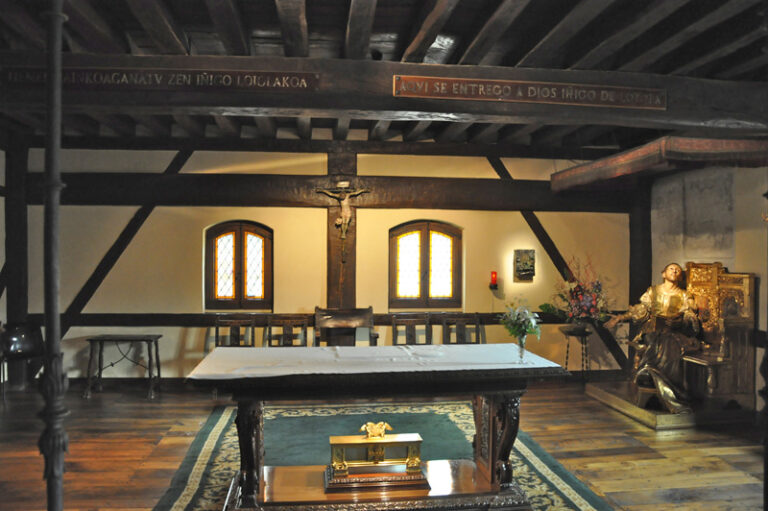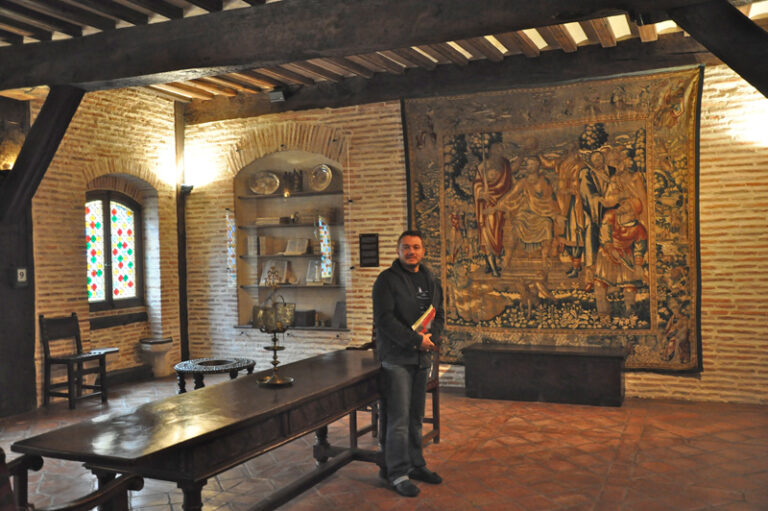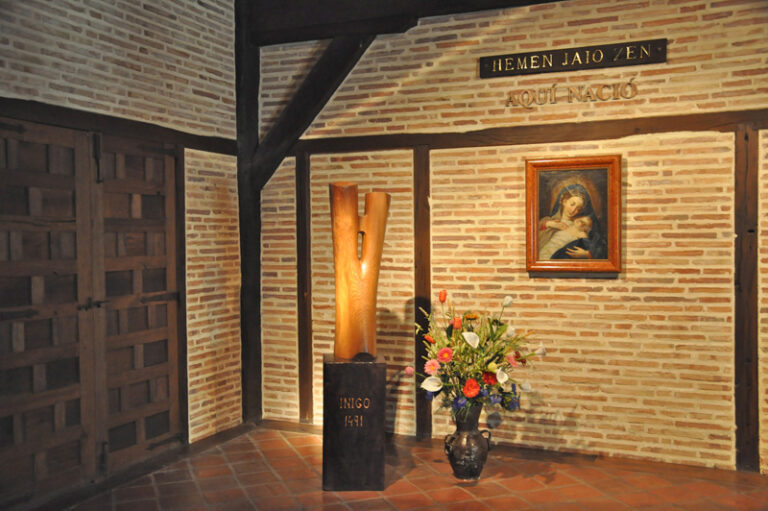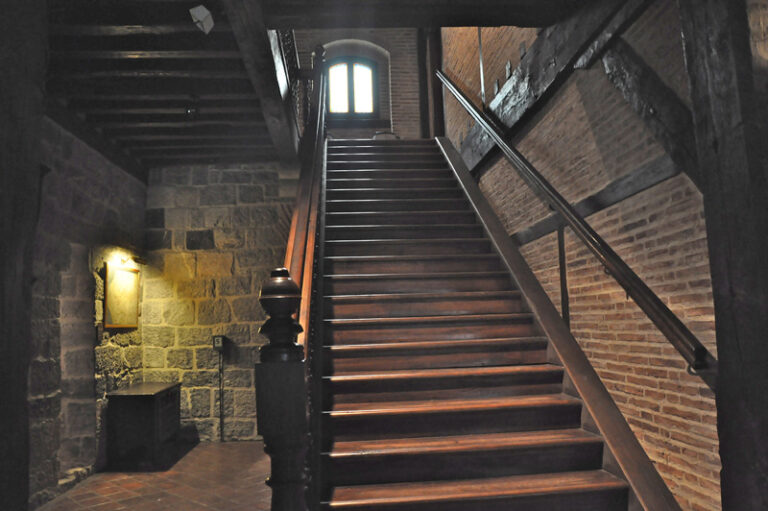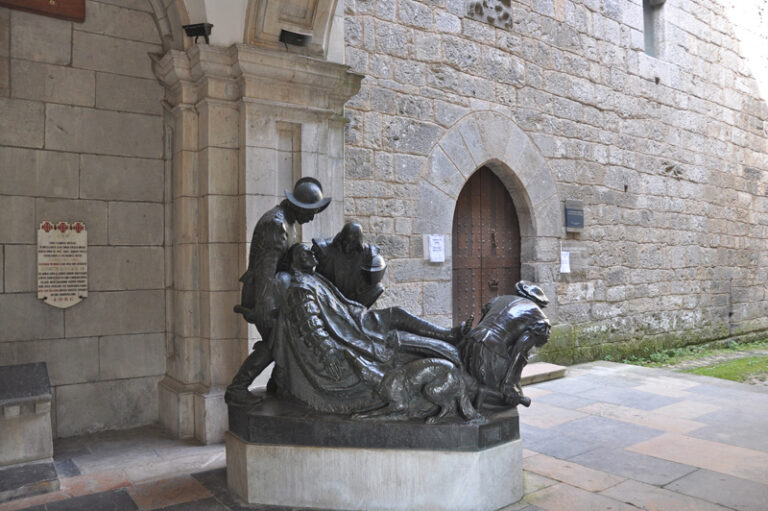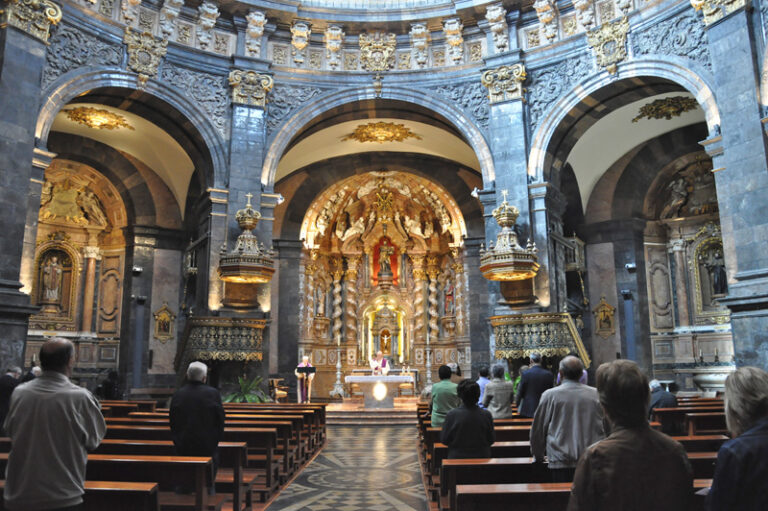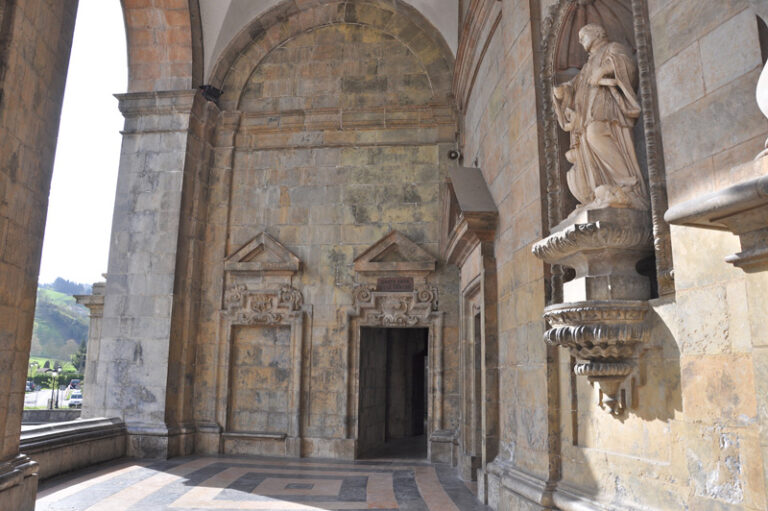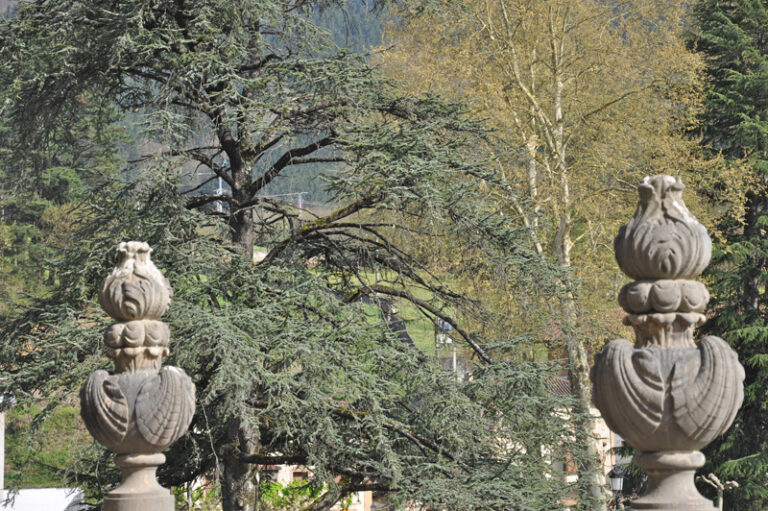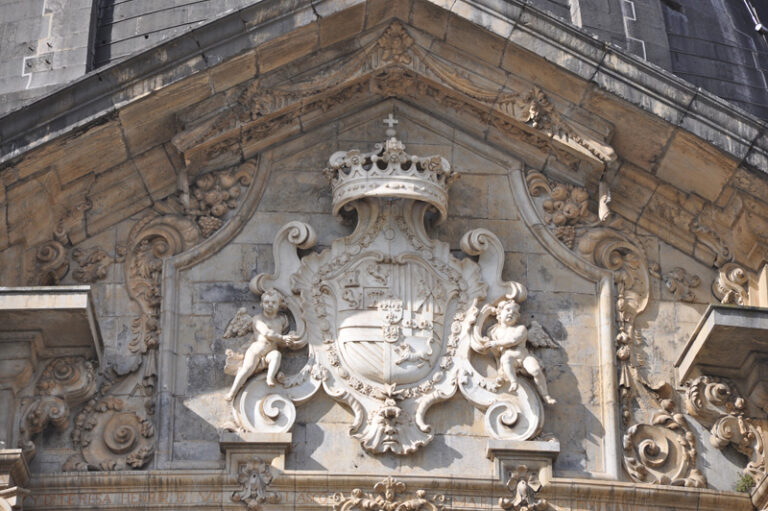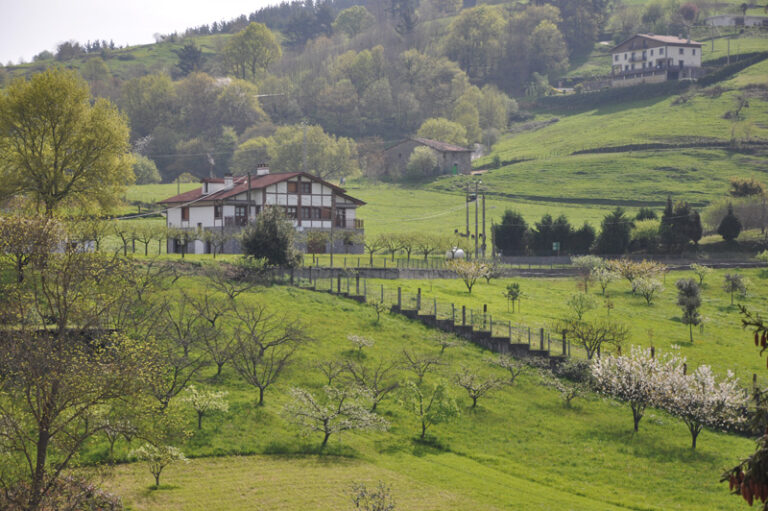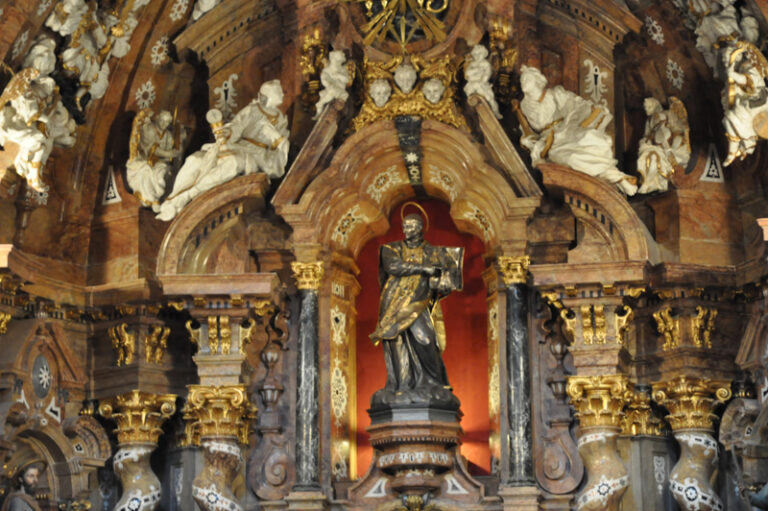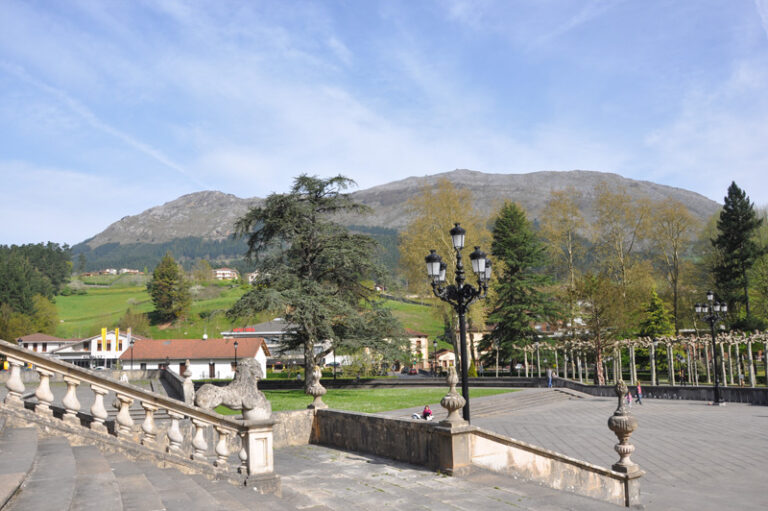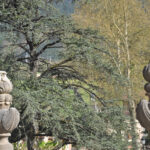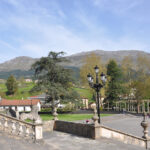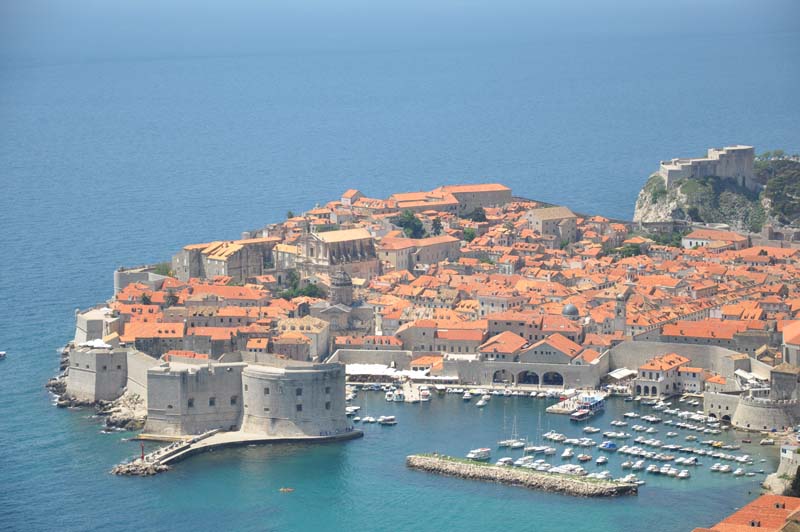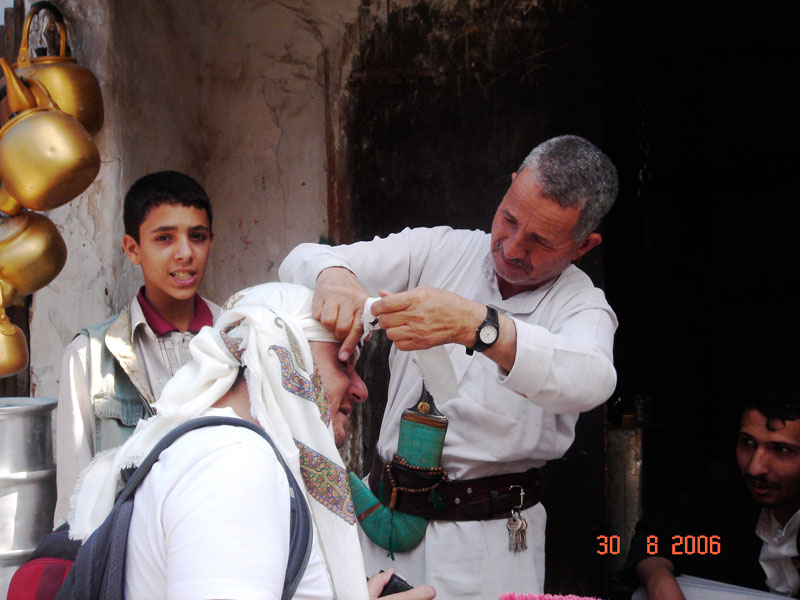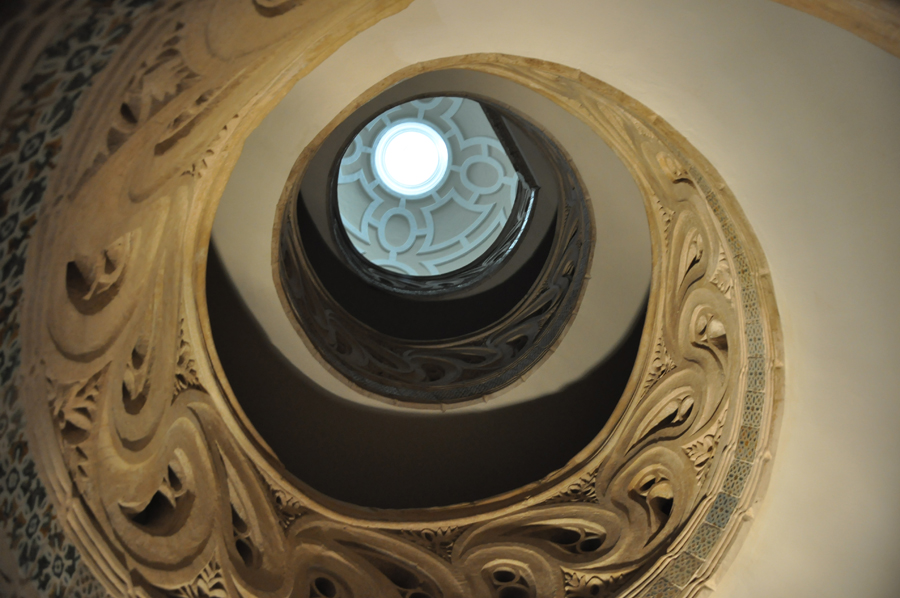
Azpeitia (Spain)
Azpeitia, a historic town in northern Spain’s Basque Country, lies within the province of Gipuzkoa, covering about 70 square kilometers in the scenic Urola Valley. Known for its rich cultural heritage and natural beauty, Azpeitia is surrounded by the Izarraitz mountain range and has a temperate climate, ideal for outdoor activities like hiking and cycling. The town’s main attraction is the Sanctuary of Loyola, the birthplace of St. Ignatius of Loyola, founder of the Jesuit order. This impressive religious site includes the Loyola Palace and a baroque basilica, attracting pilgrims and history enthusiasts from around the world. Basque culture is celebrated here, with festivals, Basque-language events, and traditional cuisine such as pintxos and seafood dishes. While Azpeitia’s economy was historically based on agriculture and craftsmanship, today it includes tourism and small industries. The Basque language is widely spoken alongside Spanish, and the community maintains a strong sense of cultural pride. The blend of history, natural landscapes, and Basque tradition makes Azpeitia a unique destination in the Basque Country, appealing to visitors seeking both spiritual and cultural enrichment.
Azpeitia, a historic town in northern Spain’s Basque Country, lies within the province of Gipuzkoa, covering about 70 square kilometers in the scenic Urola Valley. Known for its rich cultural heritage and natural beauty, Azpeitia is surrounded by the Izarraitz mountain range and has a temperate climate, ideal for outdoor activities like hiking and cycling. The town’s main attraction is the Sanctuary of Loyola, the birthplace of St. Ignatius of Loyola, founder of the Jesuit order. This impressive religious site includes the Loyola Palace and a baroque basilica, attracting pilgrims and history enthusiasts from around the world. Basque culture is celebrated here, with festivals, Basque-language events, and traditional cuisine such as pintxos and seafood dishes. While Azpeitia’s economy was historically based on agriculture and craftsmanship, today it includes tourism and small industries. The Basque language is widely spoken alongside Spanish, and the community maintains a strong sense of cultural pride. The blend of history, natural landscapes, and Basque tradition makes Azpeitia a unique destination in the Basque Country, appealing to visitors seeking both spiritual and cultural enrichment.


